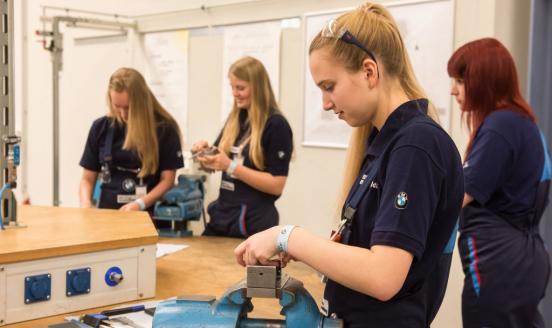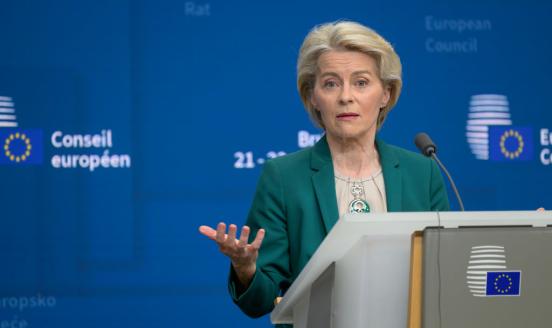The great COVID-19 divergence: managing a sustainable and equitable recovery in the European Union
Policymakers must act to prevent lasting divergence within the EU and to prevent scarring from the fallout from the pandemic.

This Policy Contribution was prepared for and presented at the informal Economic and Financial Affairs Council (ECOFIN) meeting in Lisbon on 21-22 May 2021. You can read the version presented at ECOFIN here.
The authors are grateful to Monika Grzegorczyk, Lionel Guetta-Jeanrenaud, Mia Hoffmann, Klaas Lenaerts, Ben McWilliams, Tom Schraepen and Pauline Weil for excellent research assistance and to Mario Mariniello, Simone Tagliapietra, André Sapir and Nicolas Véron for their useful comments. All remaining errors are our own.
The COVID-19 pandemic has led to the biggest global recession since the Second World War. Forecasts show the European Union underperforming economically relative to the United States and China during 2019-2023. Southern European countries have been particularly strongly affected. While the ICT sector has benefitted from the COVID-19 crisis, tourism, travel and services have suffered. Business insolvencies have, paradoxically, fallen. While total employment has almost recovered, the young and those with low-level qualifications have suffered employment losses. Inequality could rise. The pandemic may lead to medium to long-term changes in the economy, with more teleworking, possibly higher productivity growth and changed consumer behaviour.
Policymakers must act to prevent lasting divergence within the EU and to prevent scarring from the fallout from the pandemic. The first priority is tackling the global health emergency. Second, we warn against premature fiscal tightening and recommend instead additional short-term support from national budgets. Over the medium term, fiscal policymakers will need to gradually move away from supporting companies through subsidies, towards tax incentives for corporate investment. A review of the European fiscal framework is needed to achieve the EU’s green goals more rapidly. The quality of public finances, how policymakers spend resources and the associated reforms are of central importance to prevent scarring. Improving the efficiency of insolvency procedures will be crucial for speedy and effective recovery. Targeted labour market policies for the young and less-qualified are needed. As teleworking becomes a more permanent feature of the EU’s labour markets, it will be crucial to adapt social security and taxation systems in the context of the single market for labour. The EU should resist protectionist calls in the wake of the pandemic. Rigorous competition policy enforcement and an integrated EU market have been beneficial for European convergence and growth. Capital markets have an important role to play in a speedy recovery.
Recommended citation
Claeys, G., Z. Darvas, M. Demertzis and G. Wolff (2021) 'The great COVID-19 divergence: managing a sustainable and equitable recovery in the European Union', Policy Contribution 11/2021, Bruegel



